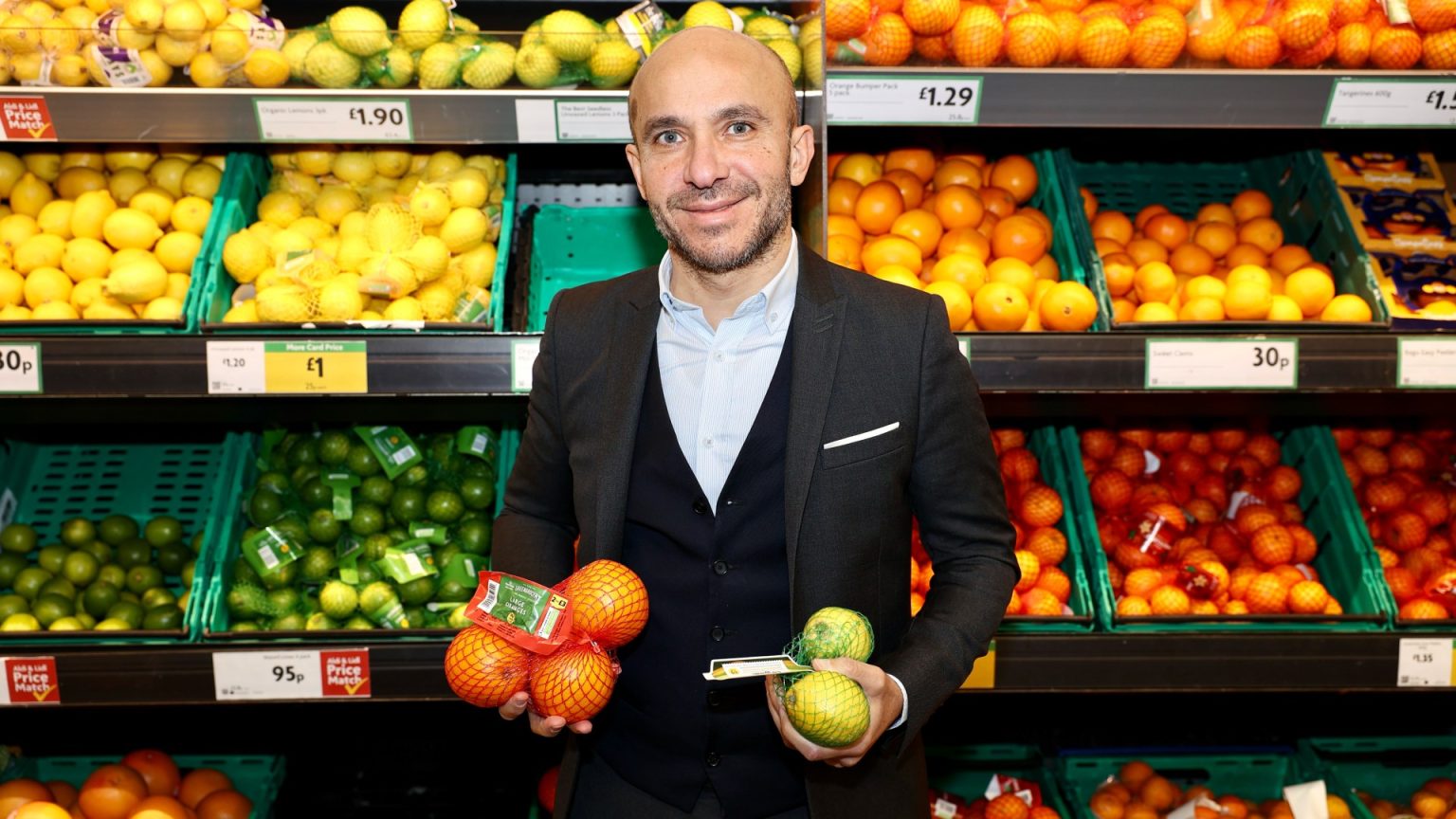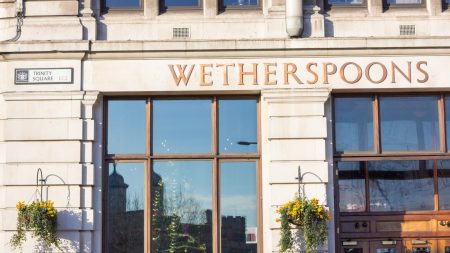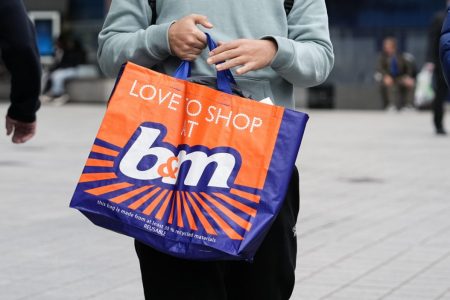The boss of Morrisons, Rami Baitieh, has raised concerns about the potential impact of the Government’s “avalanche” of Budget business costs on retailers. These costs include changes to employers’ National Insurance, business rates increases, minimum wage hikes, and packaging levies. The National Insurance changes alone are expected to cost Morrisons around £75 million. Baitieh has suggested staggering these costs to lessen the burden on businesses, comparing it to a doctor gradually increasing a patient’s dosage over time, rather than all at once. He believes that deferring some of these costs or implementing them gradually would be more manageable for businesses like Morrisons.
Baitieh took over as chief executive of Morrisons a year ago, with a focus on addressing declining sales and market share erosion. He has implemented various changes within the company, such as sell-offs of non-core assets, cost-cutting measures, and restructuring to reduce debt. Despite challenges such as an exodus of directors and reports of strategic shifts, his tactics seem to be working as Morrisons recently reported its first increase in market share in three years. Baitieh’s hands-on approach includes store visits, restructuring the loyalty program, and fostering better relationships with customers and suppliers. These efforts have helped the company weather the challenges it has faced.
The recent cyber attack on Morrisons, attributed to software provider Blue Yonder, has led to concerns about potential losses for the company. CEO Baitieh has hinted that Morrisons may seek compensation from Blue Yonder for the disruptions caused by the attack. This incident highlights the importance of cybersecurity in the digital age and the potential risks companies face from cyber threats. It also underscores the need for companies to have robust contingency plans in place to mitigate such risks and minimize potential losses.
In the retail sector, companies like On the Beach are experiencing record profits as demand for package holidays soars. The company reported a 25% increase in profits in the past year, with total sales reaching a new high. They attribute this growth to increased passenger numbers and a surge in bookings as customers prioritize holidays in their budgets. Additionally, pub chain Marstons has sold off its brewing business to Carlsberg, signaling a shift in focus towards its pub operations. The move is expected to improve performance and reduce the company’s debt, as Christmas bookings have already shown positive signs for the future.
Sandwich-maker Greencore has expressed concerns about potential price increases for their products due to unexpected and unbudgeted costs of £15 million from the recent Budget. CEO Dalton Philips has indicated that these costs may be passed on to consumers, leading to pricier sandwiches. Despite these challenges, Greencore managed to boost profits through strategic cost-cutting measures and divesting non-core assets. Similarly, SSP, the owner of Upper Crust, saw a significant increase in profits as people return to work and travel after the pandemic. With sales climbing in the UK and globally, the company attributes this growth to the post-Covid recovery and events like the “Taylor Swift effect,” which drive increased footfall in their cafes and restaurants.











